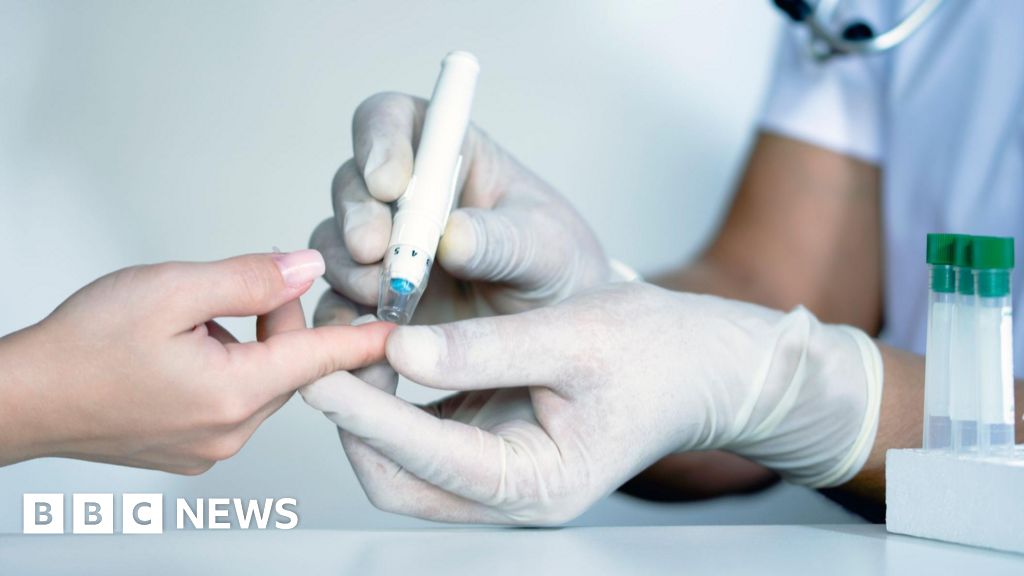Introduction to the Problem
Errors in machines used to diagnose diabetes mean that at least 55,000 people in England need further blood tests. In some cases, patients were incorrectly diagnosed with type 2 diabetes and even prescribed medication they did not need. NHS England has confirmed that 16 hospital trusts used machines made by Trinity Biotech, which produced the inaccurate test results.
The Issue with the Machines
The machines in question are used for a procedure known as the hemoglobin A1C test, which measures the average blood sugar level. This test is used to diagnose type 2 diabetes and monitor the condition. The Medicines and Healthcare products Regulatory Agency (MHRA) first reported problems with the tests from these machines in April 2024. Trinity Biotech stated that it works closely with the British health regulatory authority and has contacted all hospitals using the machines.
Impact on Patients
One patient, Vicky Davies, was told she had type 2 diabetes in October 2024 and was prescribed metformin. However, after further blood tests in April 2025, she was informed that she was not diabetic. She had suffered from stomach problems and dizziness while taking the medication and still feels stressed. The incorrect diagnosis had a significant impact on her life, causing her stress and requiring her to take time off for appointments.
Response from Authorities
NHS England says that everyone who needs a repeat test is being contacted by their GP or local hospital. The risk to people who may have been incorrectly diagnosed due to this problem is considered low, and they are first offered advice on lifestyle changes and support programs. Metformin, which may have been incorrectly prescribed, can cause side effects such as hypoglycemia and hyperglycemia. Patients are advised to seek medical help immediately if they experience these symptoms.
Actions Taken
In September 2024, one NHS trust revealed that 11,000 patients had to be retested due to false diabetes results from a machine. Some of these patients may have been incorrectly diagnosed with type 2 diabetes. The trust apologized for the "emotional stress and inconvenience" caused. The MHRA reported in July 2025 that it had received reports of a positive bias in the Trinity Biotech machines, leading to incorrect diagnoses.
Conclusion
Dr. Clare Hambling, National Clinical Director of Diabetes for NHS England, stated that it is understandable that people are concerned about being incorrectly diagnosed with a long-term condition like type 2 diabetes. Less than 10% of NHS England’s laboratories were affected, and all have either replaced or addressed the calibration issues with the machines. Trinity Biotech worked closely with the MHRA to resolve the issues and informed all British users about the potential problem in 2024.

